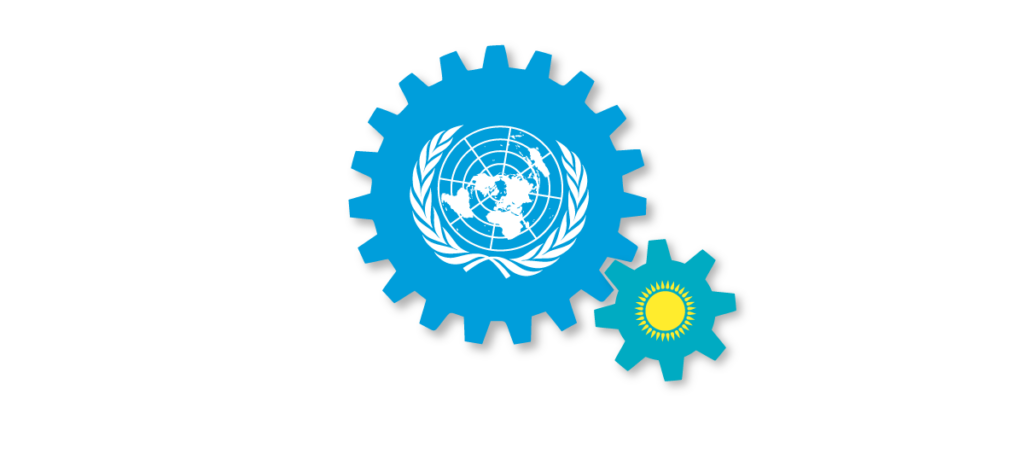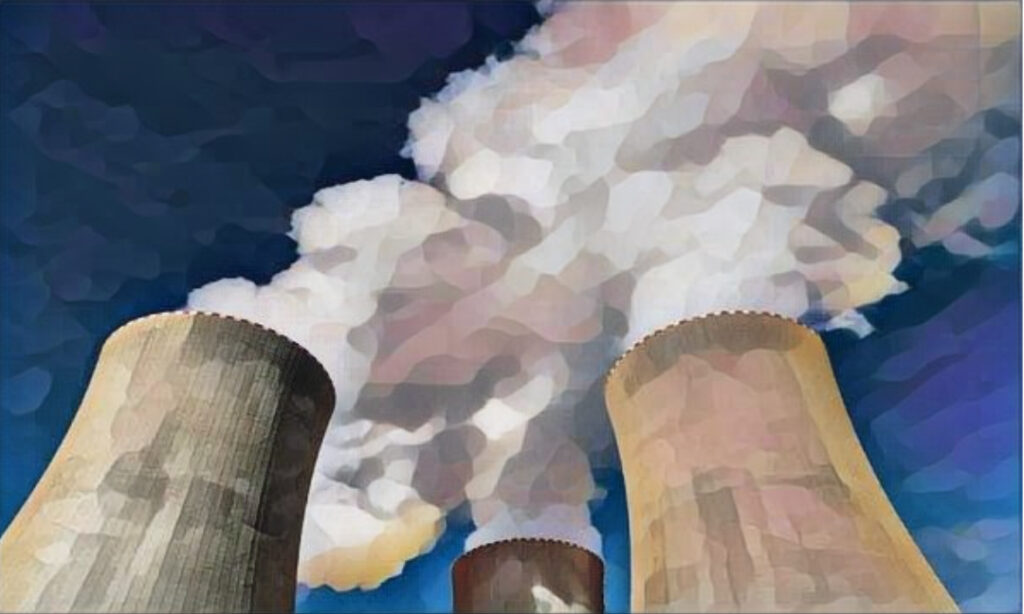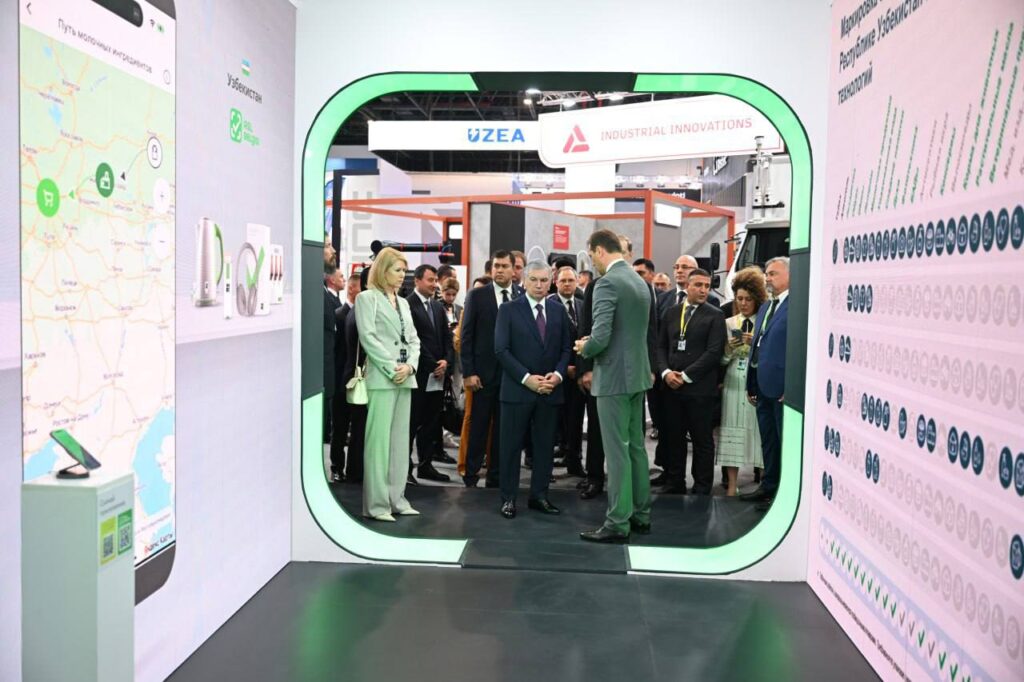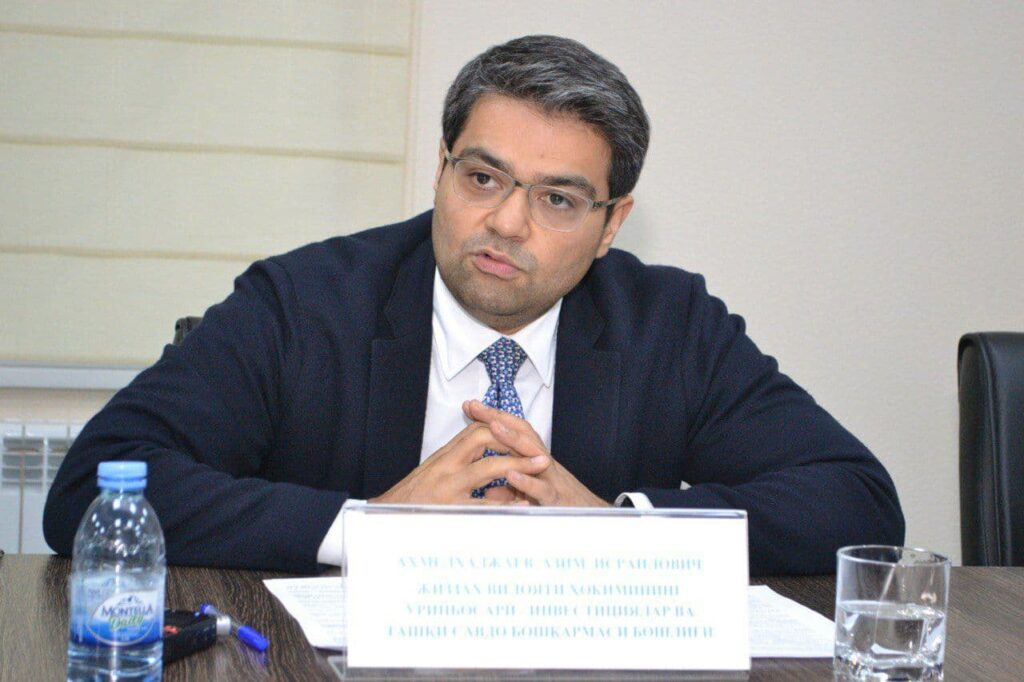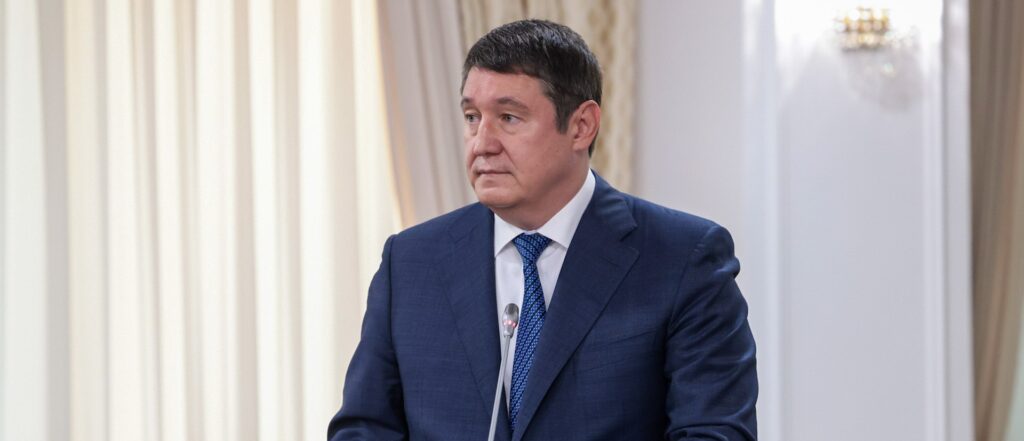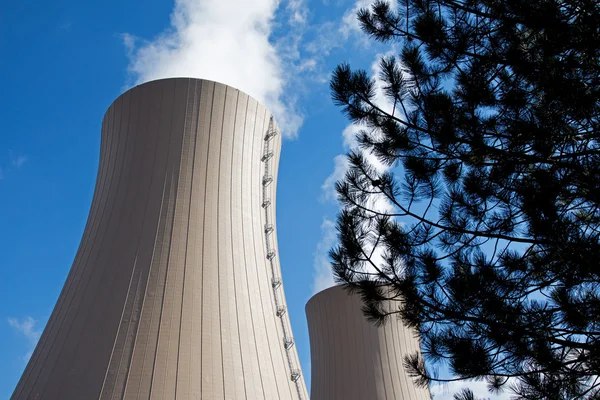Can Kazakhstan Lead Small and Middle Powers in Reforming the UN?
ASTANA – The United Nations, envisioned as a pillar of global cooperation, has often struggled to rise to the challenges it was created to address. Its inability to bridge cultural divides hampers meaningful solutions to regional issues, while structural weaknesses and the exclusion of diverse regional voices from the Security Council deepen its shortcomings. Compounding these flaws is the frequent deadlock among permanent members, whose competing agendas stifle consensus and action. These inefficiencies cast doubt on the organization's ability to hear and respond to regional voices, grievances, and expectations in a rapidly changing world. Amid these persistent challenges within the United Nations, Kazakhstan's proactive stance on global issues highlights its potential to lead efforts toward fostering peace and addressing critical gaps in international cooperation. For example, although Kazakhstan prioritizes nuclear energy in its national strategy, it simultaneously remains committed to advocating for the non-proliferation of nuclear and biological weapons. Such an approach, combined with its balanced foreign policy, enables the largest Central Asian nation to seek to position itself as a leading advocate for global peace. But how realistic is that in the current geopolitical climate? As conflicts and wars continue to rage around the world, leaders from several countries have gathered in Kazakhstan’s capital, Astana, for the Astana International Forum (AIF) to discuss key global challenges ranging from energy security and geopolitical cooperation to international trade and sustainable development. For Kazakhstan’s leadership, the event serves as an ideal opportunity to reaffirm its aspiration to position the country as a middle power. According to the Central Asian state’s President Kassym-Jomart Tokayev, it is middle powers that should be prepared to take on greater multilateral responsibilities. “We all should strongly remain adherent to the United Nations Charter with no biased and selective approaches to its principles,” Tokayev said on May 29 in calling for the expansion of the United Nations Security Council that, in his view, should include broader regional representation. This idea was firmly supported by President Gordana Siljanovska-Davkova of North Macedonia, who numbered among the major guests in Astana. She argues that small countries, along with middle powers, should be "the greatest advocates of effective multilateralism," as they stand to gain the most from institutions like the United Nations. “The Security Council should be expanded, reformed and democratized to make it more accountable and more responsible in maintaining international peace and security,” Siljanovska-Davkova stressed, adding that the international institution “should take its rightful place as a principal representative body, not only for debate and deliberative democracy but also for policymaking.” The problem, however, is that major global powers, as permanent members of the UN Security Council, are unlikely to voluntarily relinquish their positions within the organization. Small and middle powers will, therefore, undoubtedly have to work hard to achieve their ambitious geopolitical goals. In the meantime, they are expected to continue developing bilateral relations. “The task before us is clear – to preserve cooperation where it still exists and to restore it where it has broken down. We must widen this...
